The documentary "Soldier Journalist" by the People's Army Cinema recreates the image of a reporter-soldier on the fiery battlefield, while conveying a profound message about the responsibility, ethics and silent sacrifice of revolutionary journalists.
In the heroic flow of the Vietnamese Revolutionary Press over the past 100 years, there is an indelible color, which is the image of journalists in military uniforms, holding pens in their hands, cameras on their shoulders, ready to rush into the battle front. They are the ones who "record" history with their sweat and in many cases with their blood and lives.
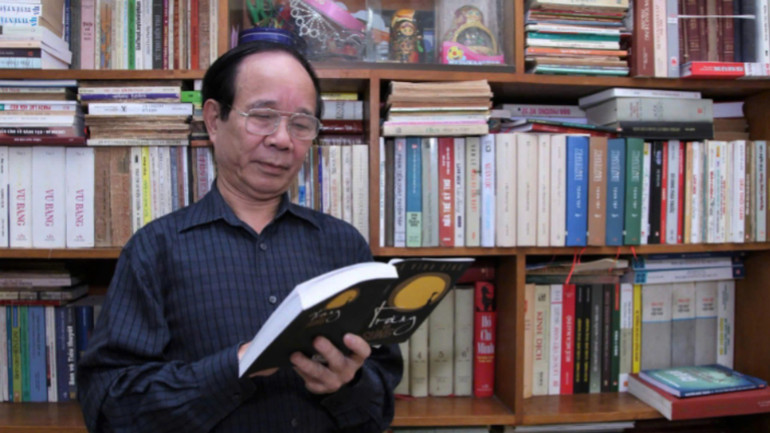
"Soldier Journalist" is a touching tribute to those special people. The film chooses a humane perspective from very real, very real stories. It is the haunting memories of journalists who "came under the bombs to film and write news", the torment of returning home to find their comrades still lying on the battlefield, and the photos preserved as evidence of history and humanity.
One of the factors that creates depth and humanity for the film "Soldier Journalist" is the script written by Colonel, writer Ngo Vinh Binh, former Editor-in-Chief of the Army Literature Magazine.
This is not the first time Colonel Ngo Vinh Binh has participated in this emotional artistic journey. Previously, he was also the scriptwriter for the documentary “Warrior Writer” which resonated deeply with the public.
With an enduring passion for revolutionary cinema, especially documentaries about soldiers and journalists, Colonel and writer Ngo Vinh Binh always skillfully infuses his works with a heroic and emotional spirit.
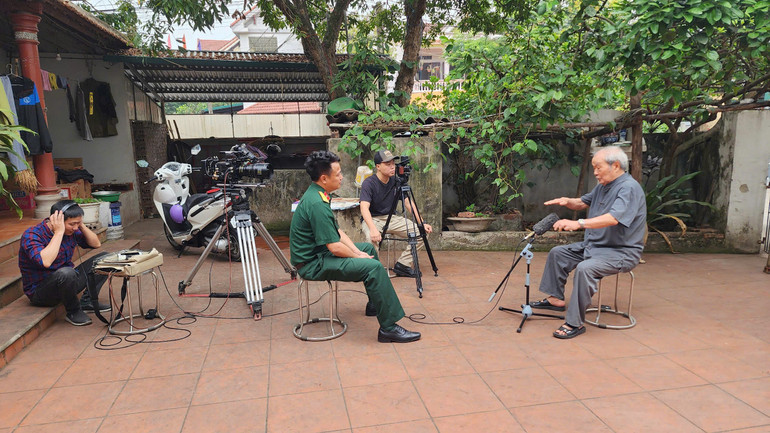
He tells stories with words that blend with a heart rich in emotion, the seasoned contemplation of an experienced person and a deep understanding of the inner world of the generation of writers during the war.
Major Nguyen Quang Quyet, the film director, shared: "Making a film about soldier journalists is an honor, a blessing and a great responsibility for me and my colleagues. Over the past 100 years, the Vietnamese Revolutionary Press has accompanied the ups and downs of the nation's history."
"There have been many works about the press in general, but there are not many films about the image of soldier journalists. Because this is a very special force of the Vietnamese press. When I was assigned the above topic, I was very interested in the idea of the topic. At the same time, I also hope to do my best with my work towards the 100th anniversary of Vietnam Revolutionary Press Day," Major Nguyen Quang Quyet emphasized.
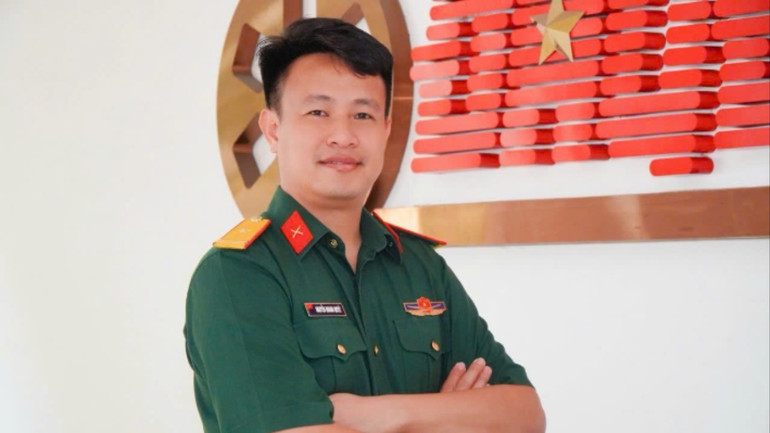
One of the details that moved viewers in the film was the reunion after nearly 50 years between veteran Nguyen Huu The and journalist Phi Van Chien - the person who took a photo of him in the middle of a fierce battlefield.
The photo, which seemed to be just a random moment, became the fateful bond that brought them together again. That story demonstrates the enduring vitality of journalism: preserving history not only through words and photos, but also through human love.
During the filming process, the film crew received close attention and direction from leaders at all levels. The script, editing, and sound mixing all received specific comments from the People's Army Cinema Review Council. However, there were also many difficulties.
Accessing documents and meeting witnesses - especially for war journalists who are now elderly - requires perseverance. However, what the director remembers most is not the hard work behind the scenes, but the moments of listening to the humble sharing.
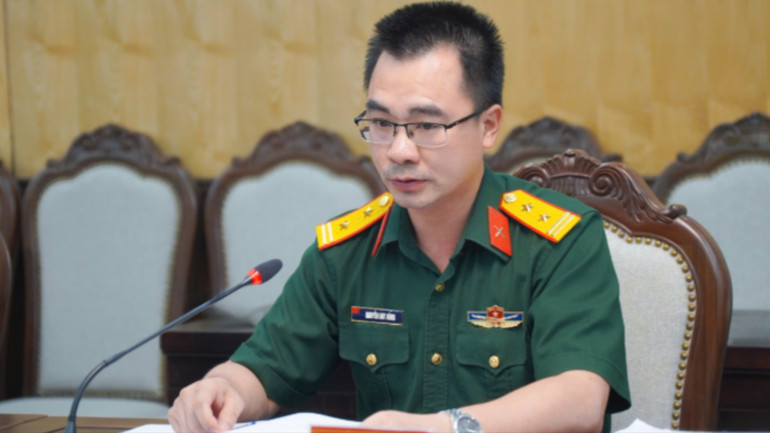
Journalist Phi Van Chien once emotionally expressed: "Many of my comrades are many times more deserving than I am; the medals I wear today are for my fallen brothers." That statement demonstrates the team spirit and loyalty of wartime journalists - a value that no matter how realistic the footage is, it is difficult to fully express, but can make the audience choke up.
In the film, the audience clearly sees the image of the soldier-journalist, whose love for his homeland, determination to fight and win are always associated with the motivation and strong desire for peace and unity.
In particular, the film mentions the Army Film Studio (now the People's Army Cinema), a press agency of the General Department of Politics , established on August 17, 1960. This place currently preserves thousands of documentary films about the resistance war against France, the US, the Southwestern border war... and many important events of our country and army.
These documentary images were exchanged with the blood of countless journalists and reporters who braved danger to record moments of war.
Lieutenant Colonel Nguyen Huy Hung, film editor, shared: "Making a film about soldier journalists is an emotional journey, because each frame, each sound clip carries within it a part of history and the will and passion of those who came before."
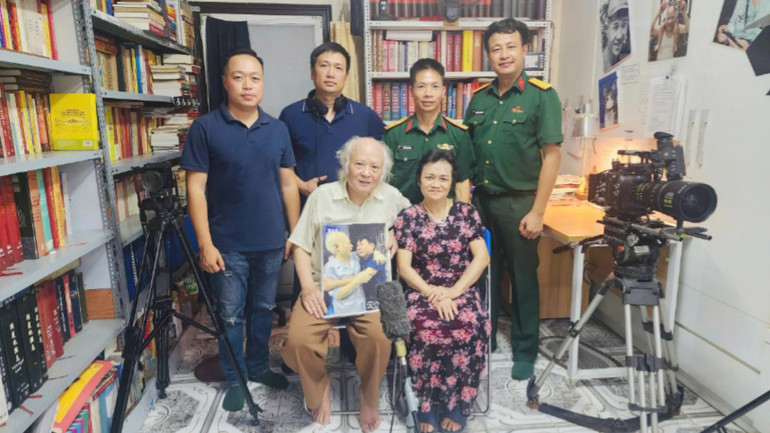
"When recreating each story, each breath of the character, we seem to relive the atmosphere of the heroic years - where a news line, a photo can be exchanged for a life. I discussed with the film director to keep the film's pace slow, with many quiet moments, so that the audience can gradually absorb each story, each memory," said Lieutenant Colonel Nguyen Huy Hung.
The documentary is a profound tribute to the generation of journalists who have silently sacrificed, contributing to writing glorious history with their own blood, sweat and intelligence.
In the digital age, amidst the fast pace of life and overwhelming information, the film poses a big question: what is journalism for? And the answer, from the characters themselves, is: So that history is not forgotten, so that justice and truth are not misperceived.
"Every work of any author or group of authors, when presented to the public, hopes to be accepted, shared and commented on by the audience. The film 'Soldier Journalist' is no exception. In addition to its wish to be a tribute to war correspondents, those who have the mission and stature under the bombs to record the history of the nation over the past 100 years; it is also a message to the audience, especially today's youth, about the value of films, images, and historical documents that always need to be cherished, preserved and exploited most effectively," the film director added.
The film ends with the iconic image of a war correspondent - standing tall, in the middle of the trenches are a pen, a camera, and a steadfast belief in justice. As the poem in the film has left a deep impression on the audience: "The pen is brandished in the midst of the red fire/ Without knives or guns, the country is still protected/ The news tears through the wind through bombs and bullets/ The shape of the letters lights the way in the midst of the storm".
Director Nguyen Quang Quyet said: "We are extremely grateful to the previous generations for giving posterity a legacy of documents stained with blood and bones; a valuable source of historical data for historical filmmakers like us. 100 years of Vietnamese Revolutionary Journalism is also an opportunity for journalists to look back on the career path they have taken and are taking, to self-reflect, correct and perfect themselves."
In the flow of Vietnamese Revolutionary Journalism, in tune with the development and longevity of the country, the film contributes to preserving precious memories, while at the same time arousing gratitude, pride, and reminding of professional responsibility in every writer today and tomorrow.
Source: https://nhandan.vn/nha-bao-chien-si-nhung-thuoc-phim-lang-dong-cung-trang-su-post887561.html



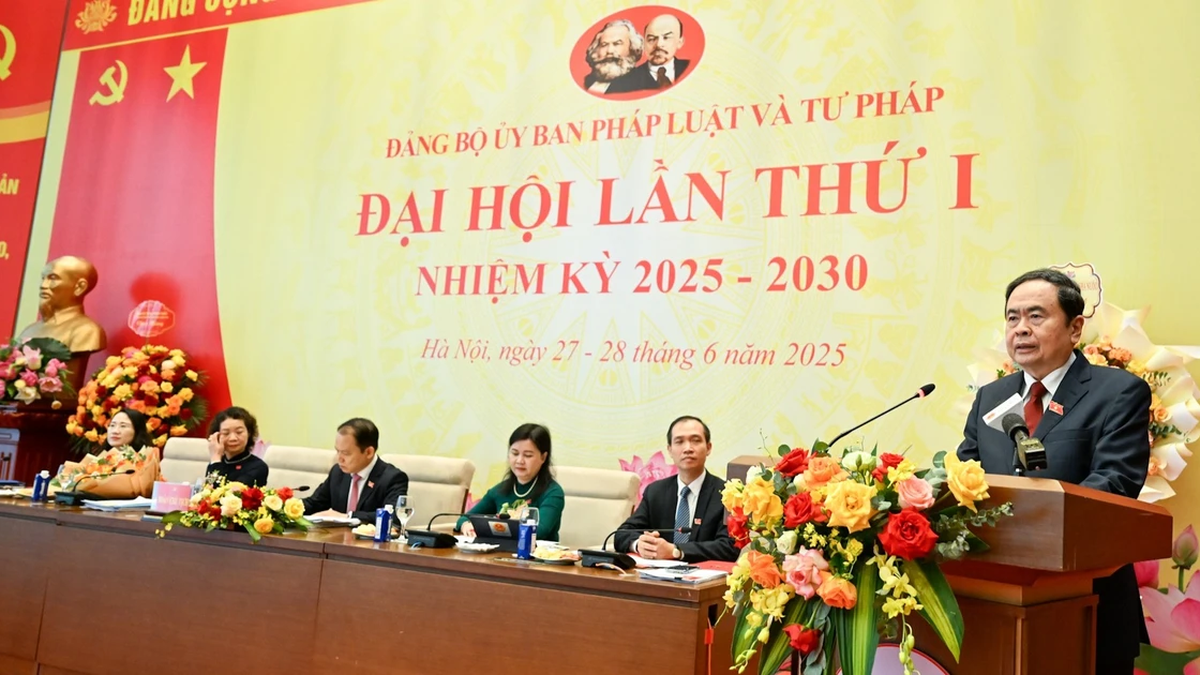
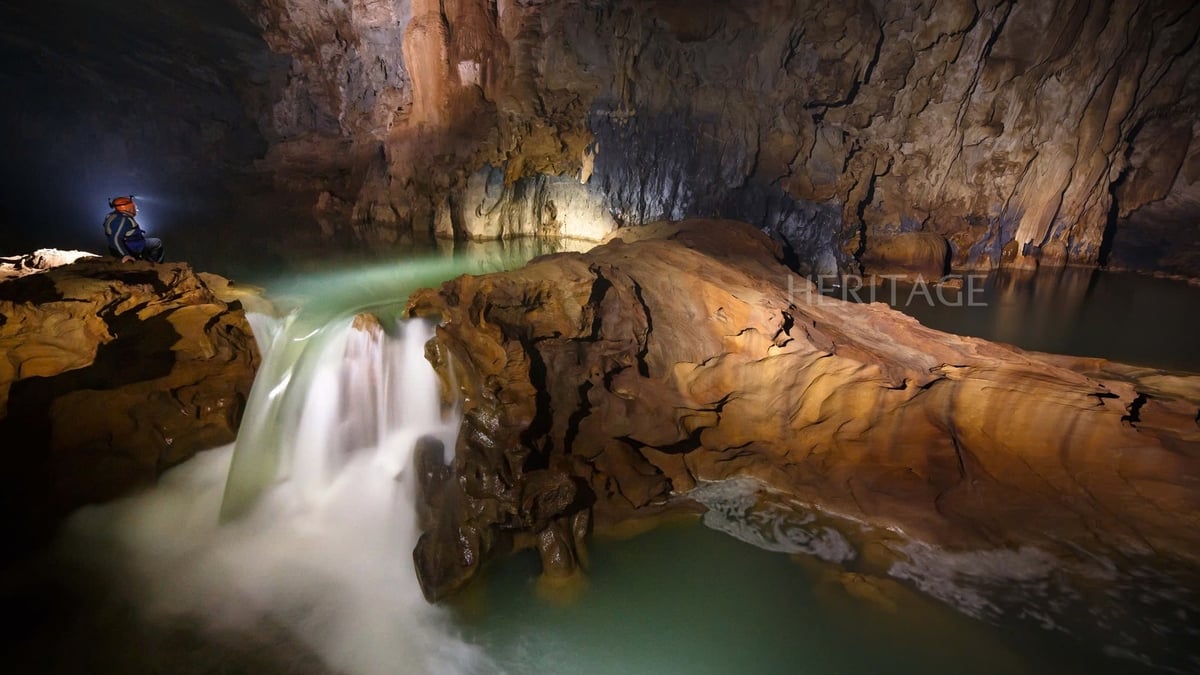
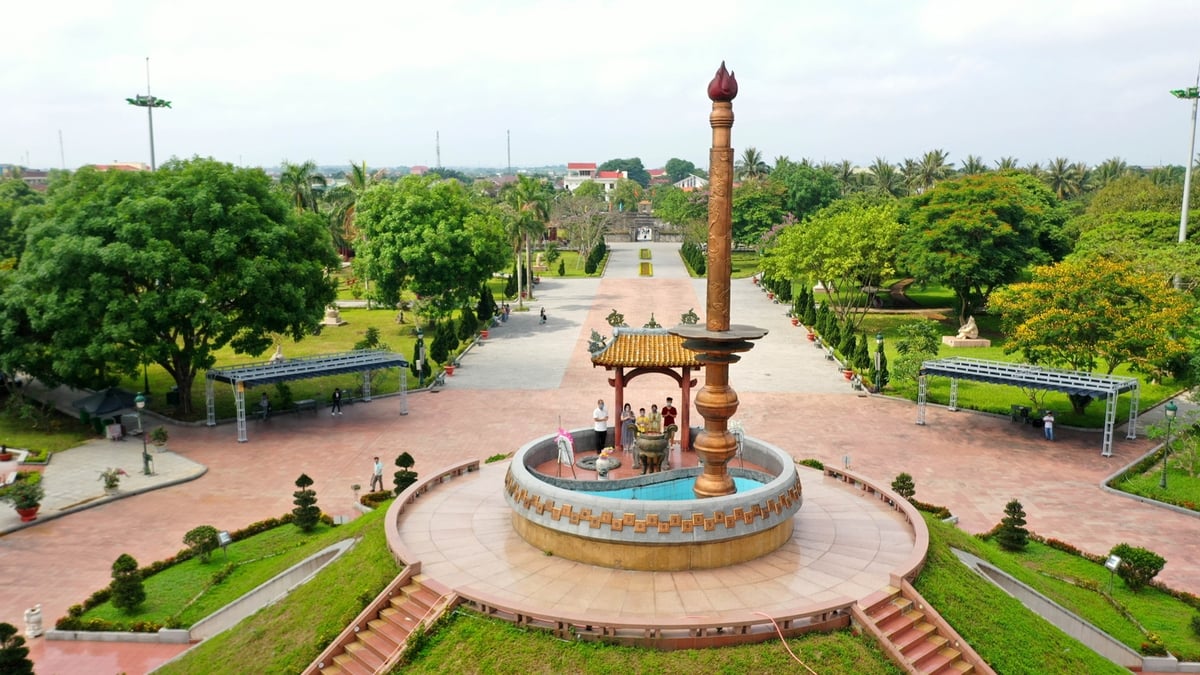
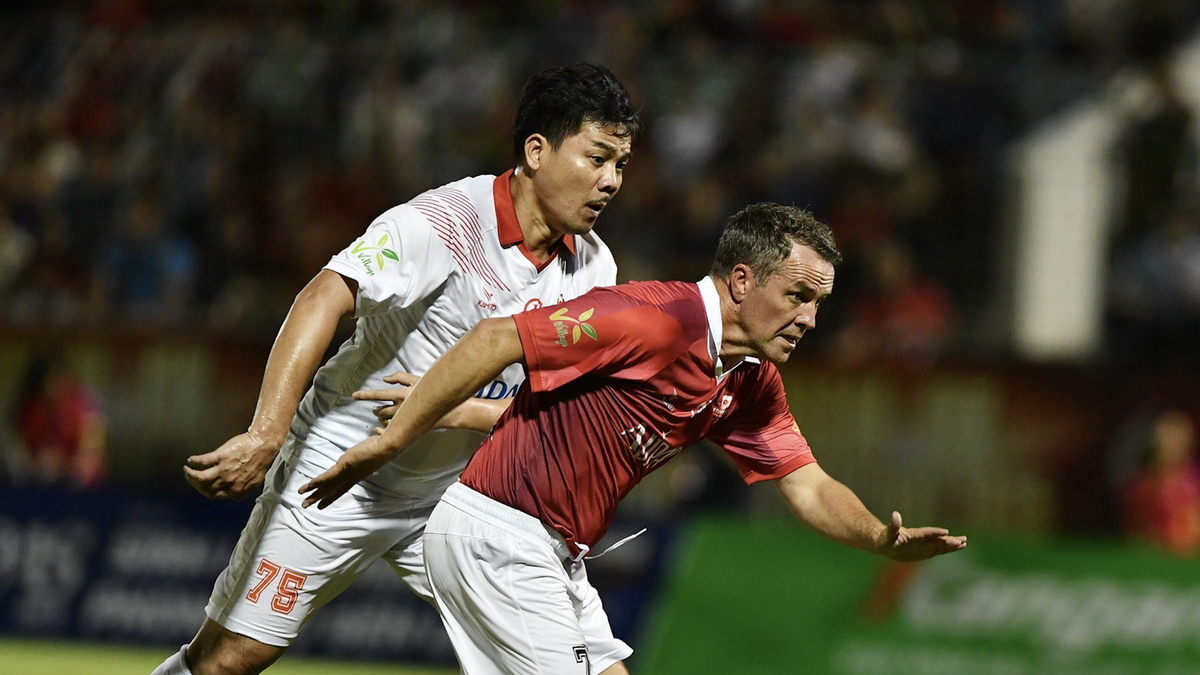
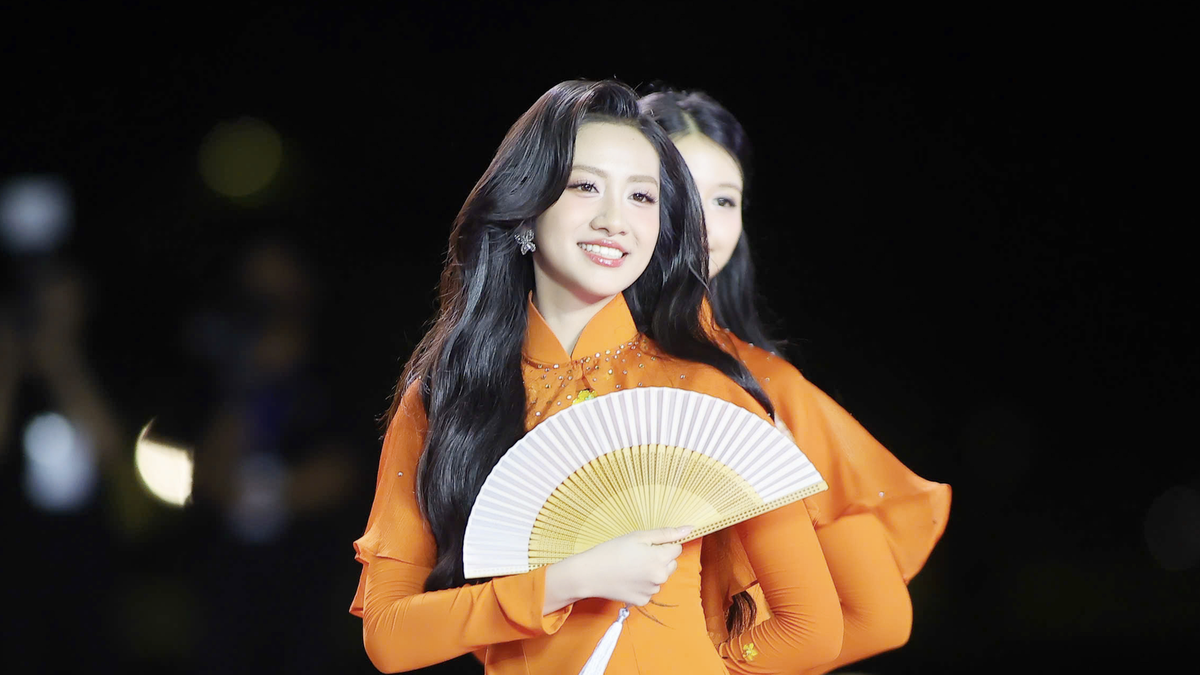
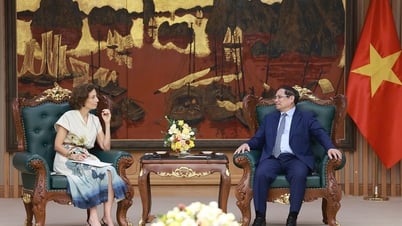



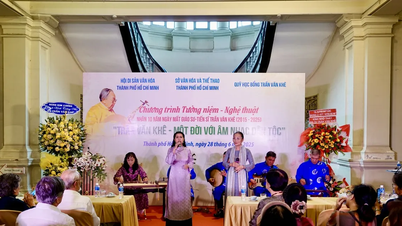

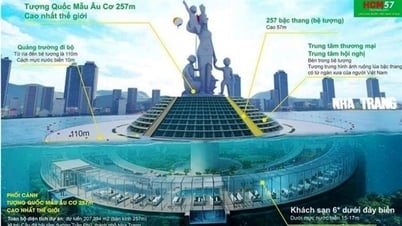

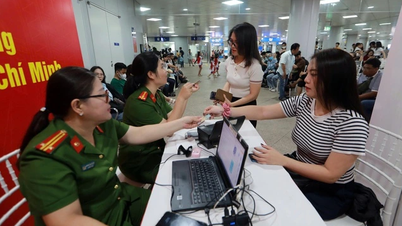

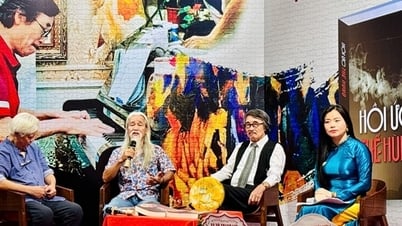




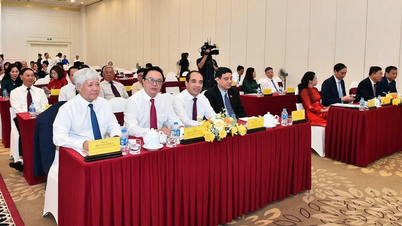

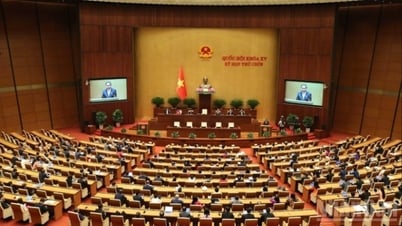
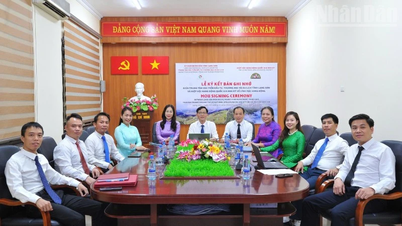
![[Video] Russian Film Week in Vietnam 2025](https://vphoto.vietnam.vn/thumb/402x226/vietnam/resource/IMAGE/2025/6/28/c4c3a7980264492ab542dc63c5d9c0c0)
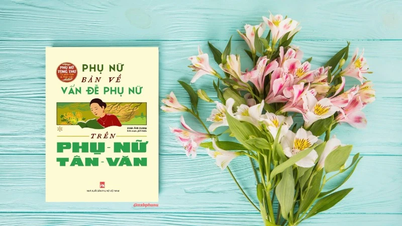
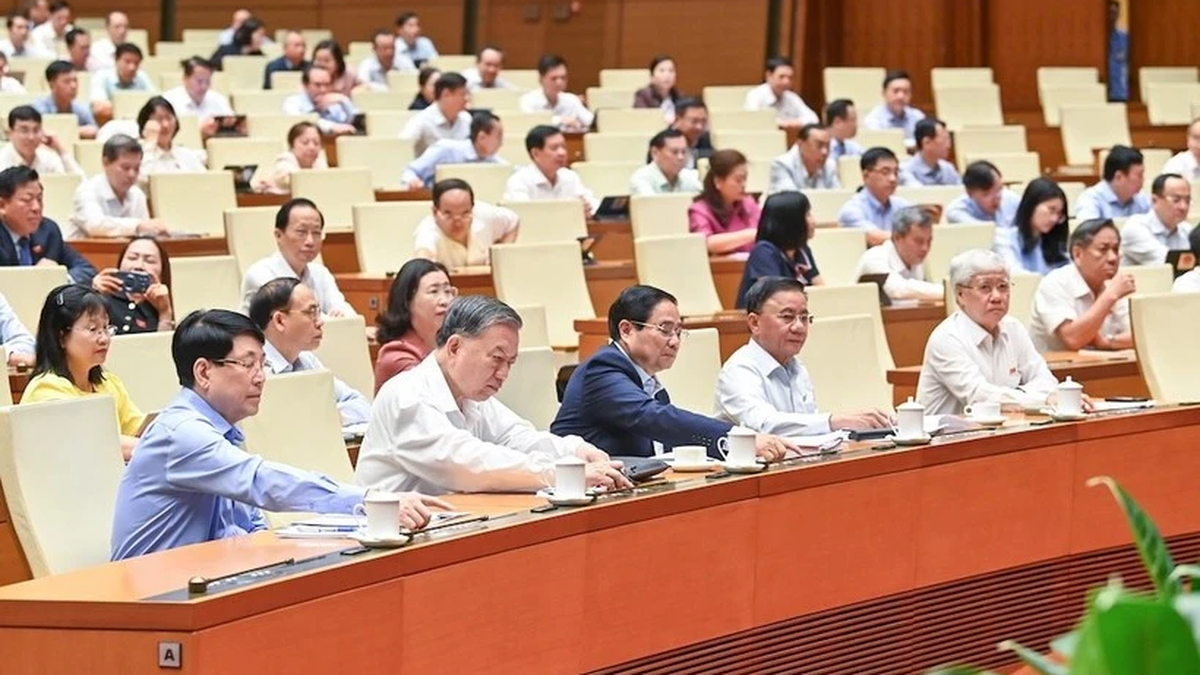

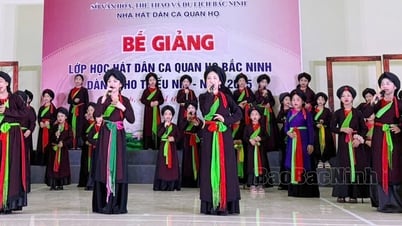

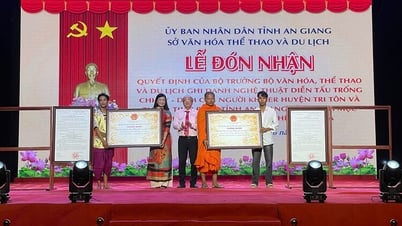

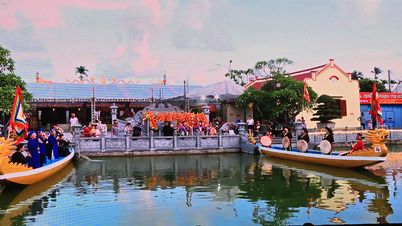

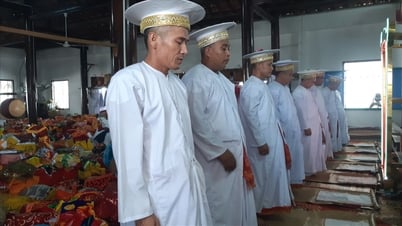

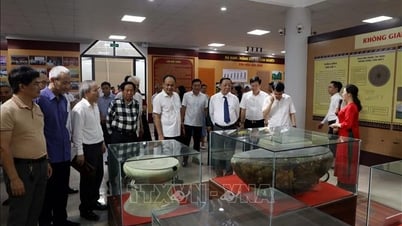

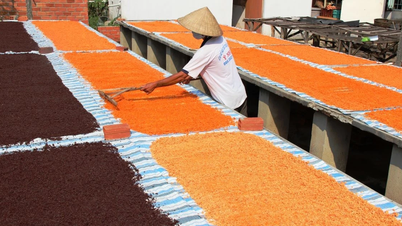



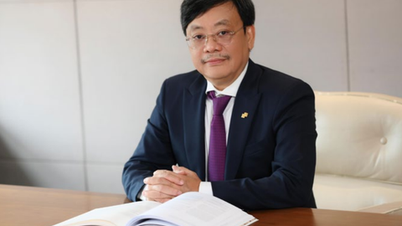

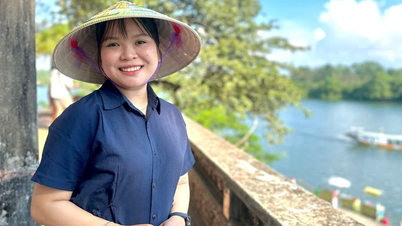


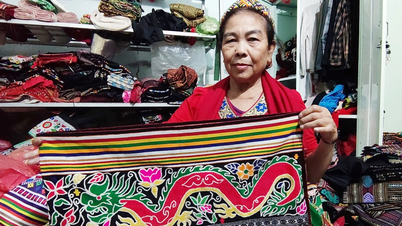

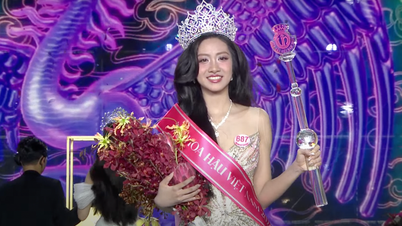



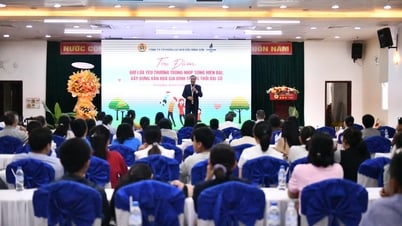





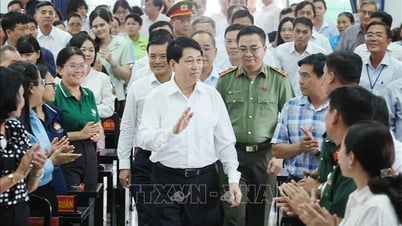
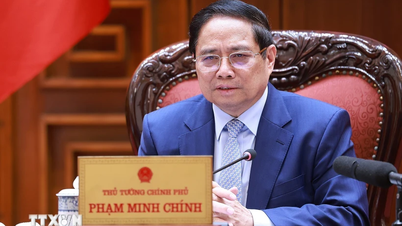


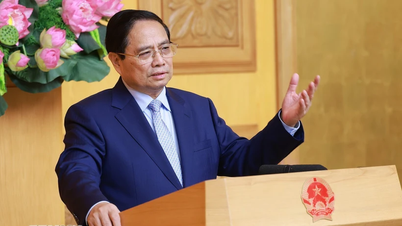
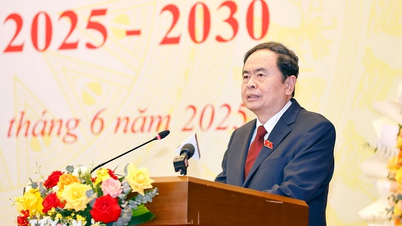
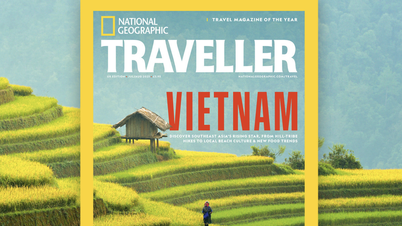
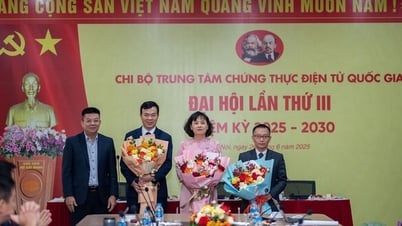

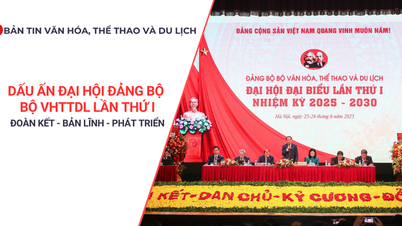


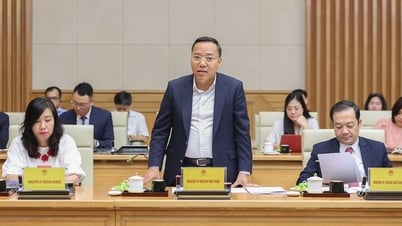

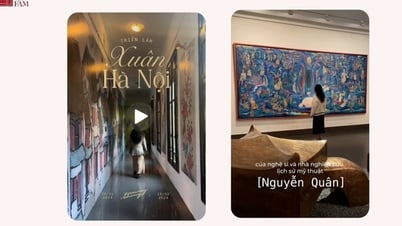

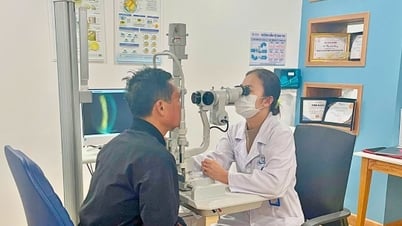

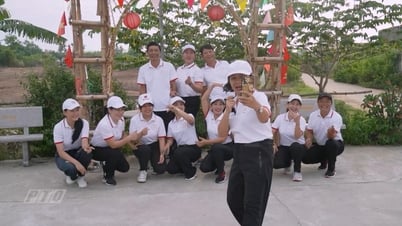

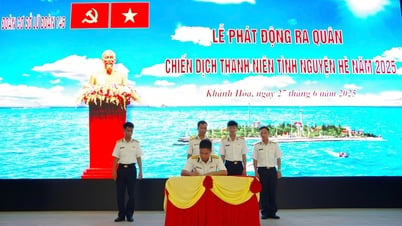

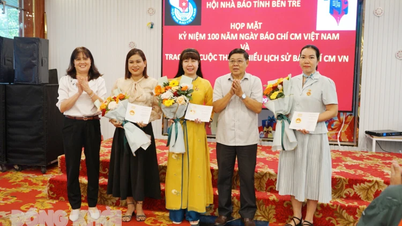

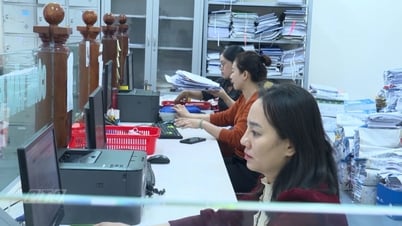
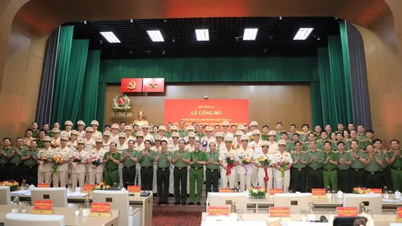













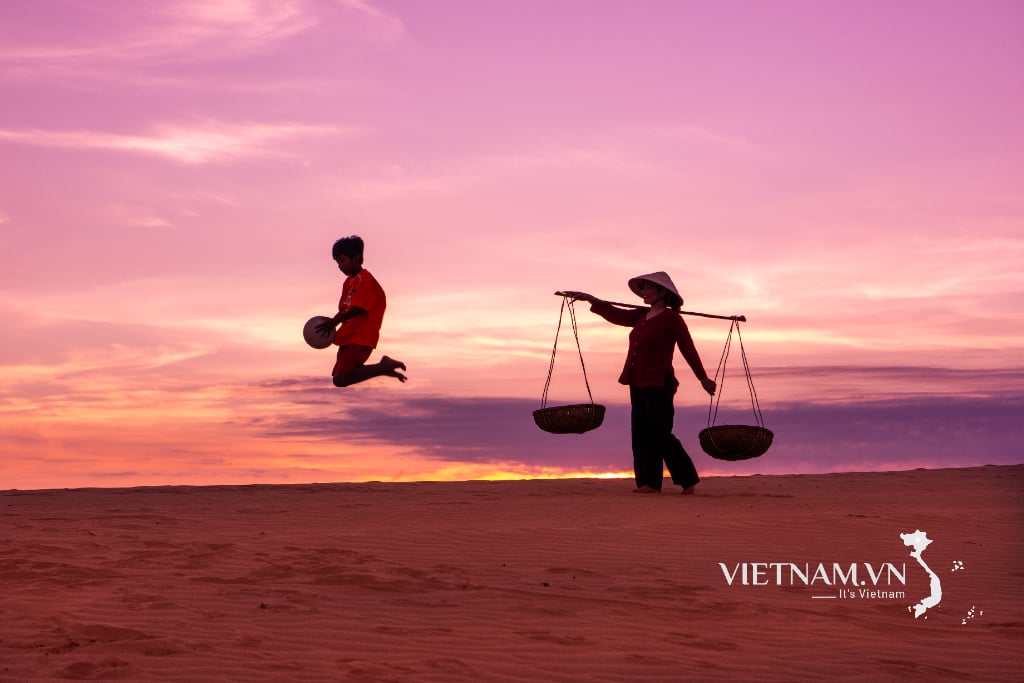
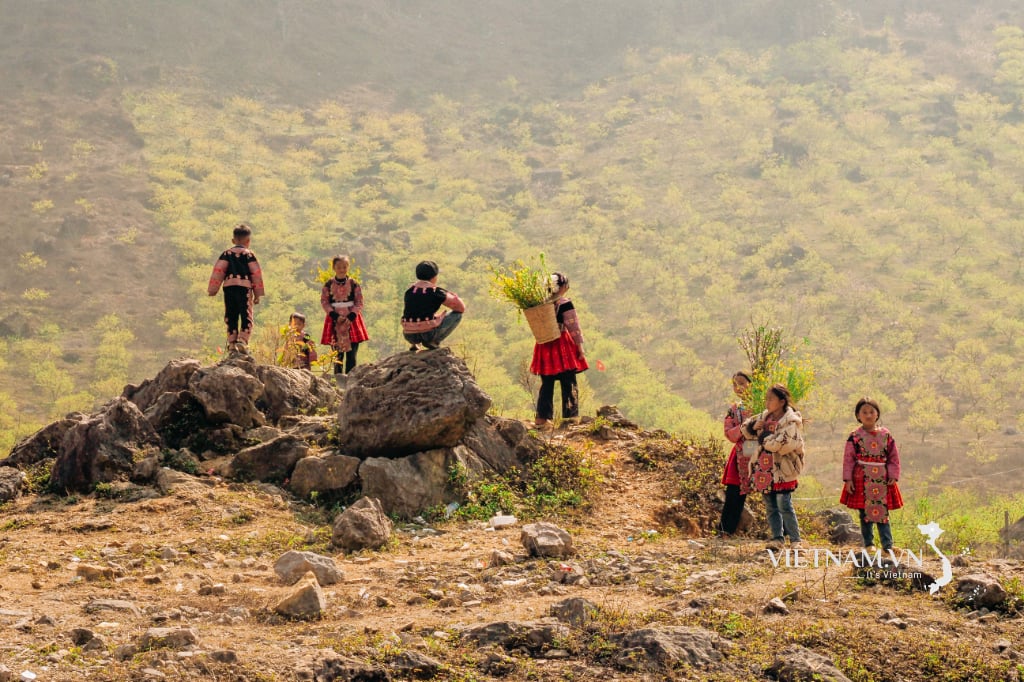

Comment (0)